IAEA's Amano asks Saudi Arabia to provide safeguards for 1st nuclear reactor
The International Atomic Energy Agency (IAEA) has asked Saudi Arabia to implement safeguards for its first nuclear reactor under construction near the Saudi capital Riyadh that could complete by the end of the year.
Recently-released satellite images have revealed that the contentious Saudi nuclear reactor is nearing completion on the outskirts of Riyadh, as a heated controversy is underway in the US over what Democrats say is President Donald Trump’s rush to approve nuclear projects with the oil-rich Arab kingdom.
The US nuclear deal with Saudis, however, is assumed to be lucrative enough to match the money-driven politics of the American president, a businessman-turned-politician who is not afraid of overstepping boundaries for more dollars.
IAEA Director General Yukiya Amano said on Friday that there was nothing secret about Saudi Arabia’s nuclear reactor and that Riyadh had informed the agency about its plans as early as 2014.
He also noted that the Vienna-based UN body had encouraged the Arab kingdom to sign a comprehensive safeguards agreement, according to which the IAEA ensures that nuclear material is not being used for building nuclear weapons.
Saudi Arabia is a signatory to a weaker accord designed for countries with minimal quantities of nuclear material, the IAEA’s so-called Small Quantities Protocol, which according to Amano, is fine only until Riyadh imports significant amounts.
“We have proposed to Saudi Arabia to rescind and replace it by the full-fledged comprehensive safeguards agreement,” the IAEA chief said during a press conference in Washington.
Amano, however, noted that the Saudi authorities had not yet responded to the agency’s request,
“They didn't say no, they didn't say yes, and they are now giving thoughts. We are waiting,” he said, adding, “For now, they don't have the material, so there is no violation.”
The IAEA head also revealed that Saudi Arabia might bring in nuclear material “by the end of the year,” although he cautioned that nuclear projects often get delayed.
Last month, US Energy Secretary Rick Perry told a Senate hearing that his department had given approved six applications by US companies to do nuclear work in the Arab kingdom.
This is while that Riyadh has not sought a so-called Section 123 Agreement to guarantee the peaceful use of nuclear technology. Abiding by this section is required under US law before any transfer of sensitive material.
The 123 agreement, often referred to as Washington’s “gold standard” for foreign civil nuclear cooperation, prevents the foreign entity from enriching uranium or reprocessing plutonium made in reactors - two routes to making nuclear weapons.
On Tuesday, a bipartisan group of American legislators raised concerns about the US nuclear dealings with Saudi Arabia despite Crown Prince Mohammed bin Salman’s “deeply troubling actions” and his not-so-secret penchant for acquiring nuclear weapons.
Negotiations between the US and Saudi Arabia for nuclear cooperation came to a halt under the administration of former President Barack Obama, after Riyadh refused to accept Washington’s proposed standards.
Saudi Arabia has come under sharp criticism in the US over the civilian death toll in its war against impoverished Yemen and for the gruesome murder and dismemberment of US-based dissident writer Jamal Khashoggi in Istanbul back in October.
The Trump administration has so far ignored calls at home and abroad for it to confront bin Salman over the kingdom’s murder of Khashoggi, which experts and members of both parties believe bin Salman had a hand in.
"If you cannot trust a regime with a bone-saw, you should not trust them with nuclear weapons,” said Democratic Representative Brad Sherman to Secretary of State Mike Pompeo at a hearing last week.
Denmark rejects Trump's plan to send US hospital ship to Greenland
US Secret Service kills man trying to enter Trump’s Mar-a-Lago estate
US-Israel digital wallet scheme risks placing aid under Israeli control in Gaza: Euro-Med
VIDEO | US support for Israel’s expansionist agenda
Palestinians granted only 66 building permits in West Bank over 11 years: Report
Somaliland ready to give US access to its minerals, military bases: Minister
VIDEO | Iran's game changing retaliation boxes- part 1
VIDEO | Iran's game changing retaliation boxes- Part 2


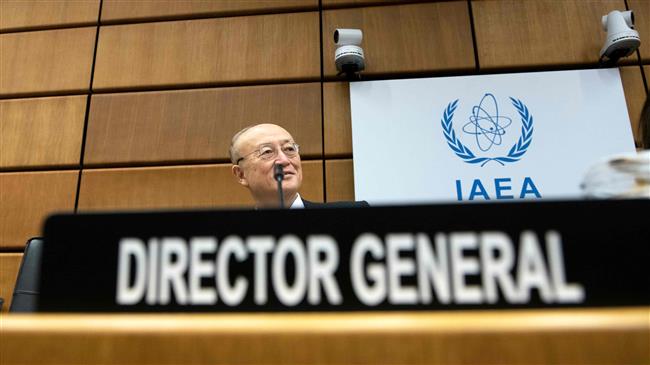



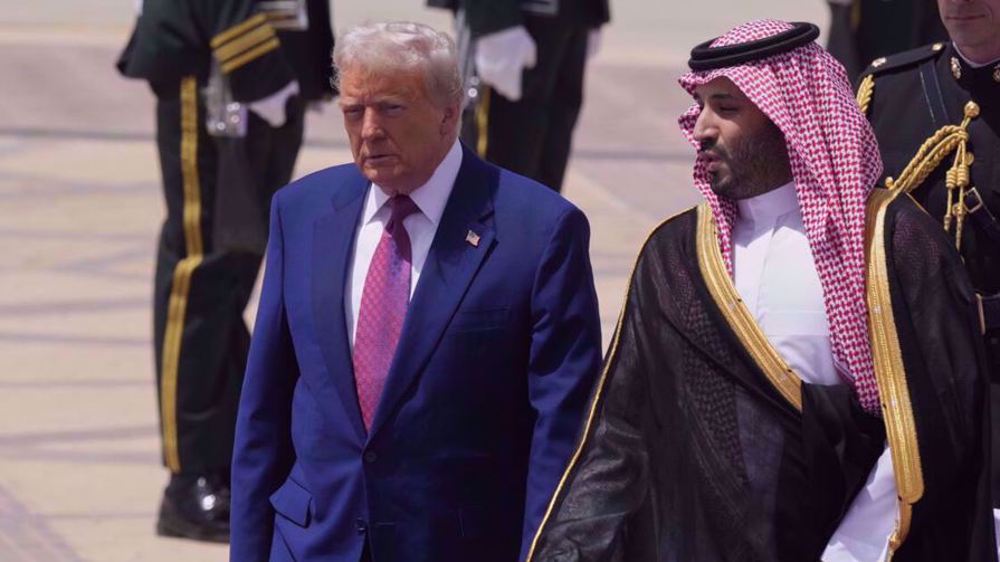
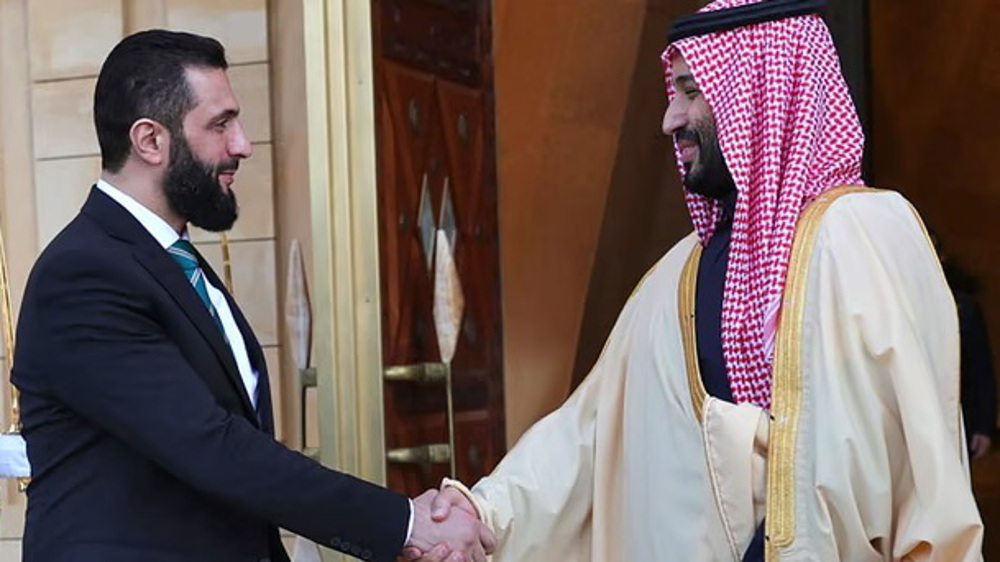
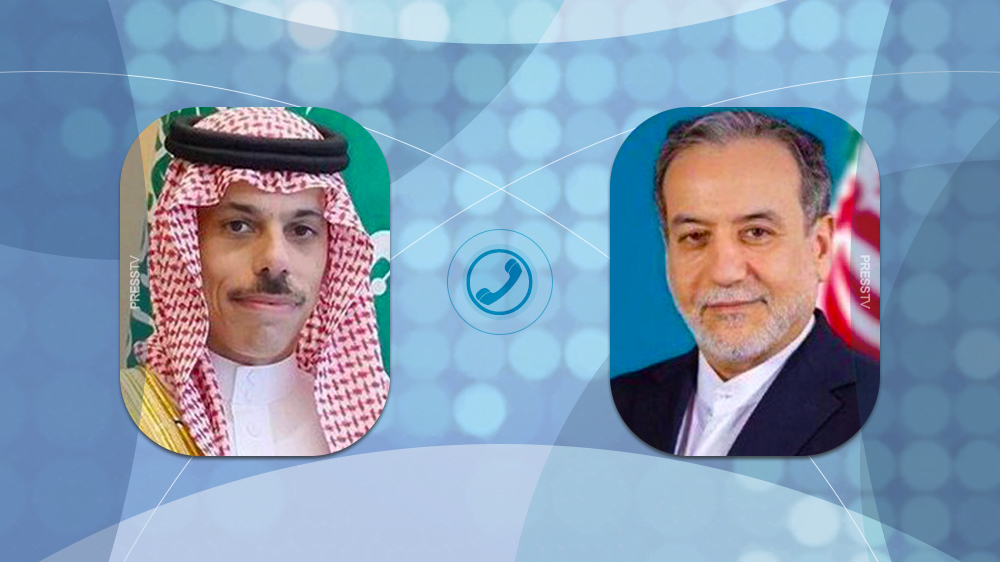



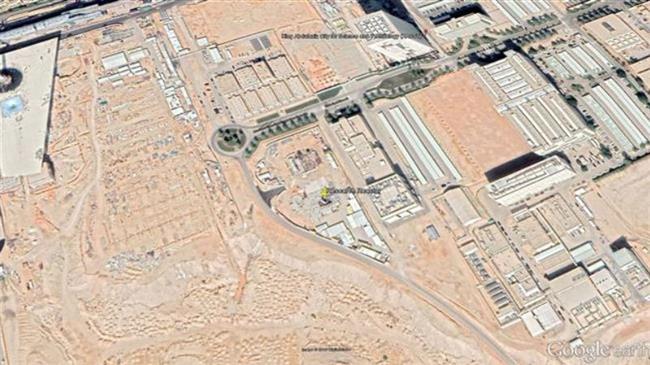

 This makes it easy to access the Press TV website
This makes it easy to access the Press TV website